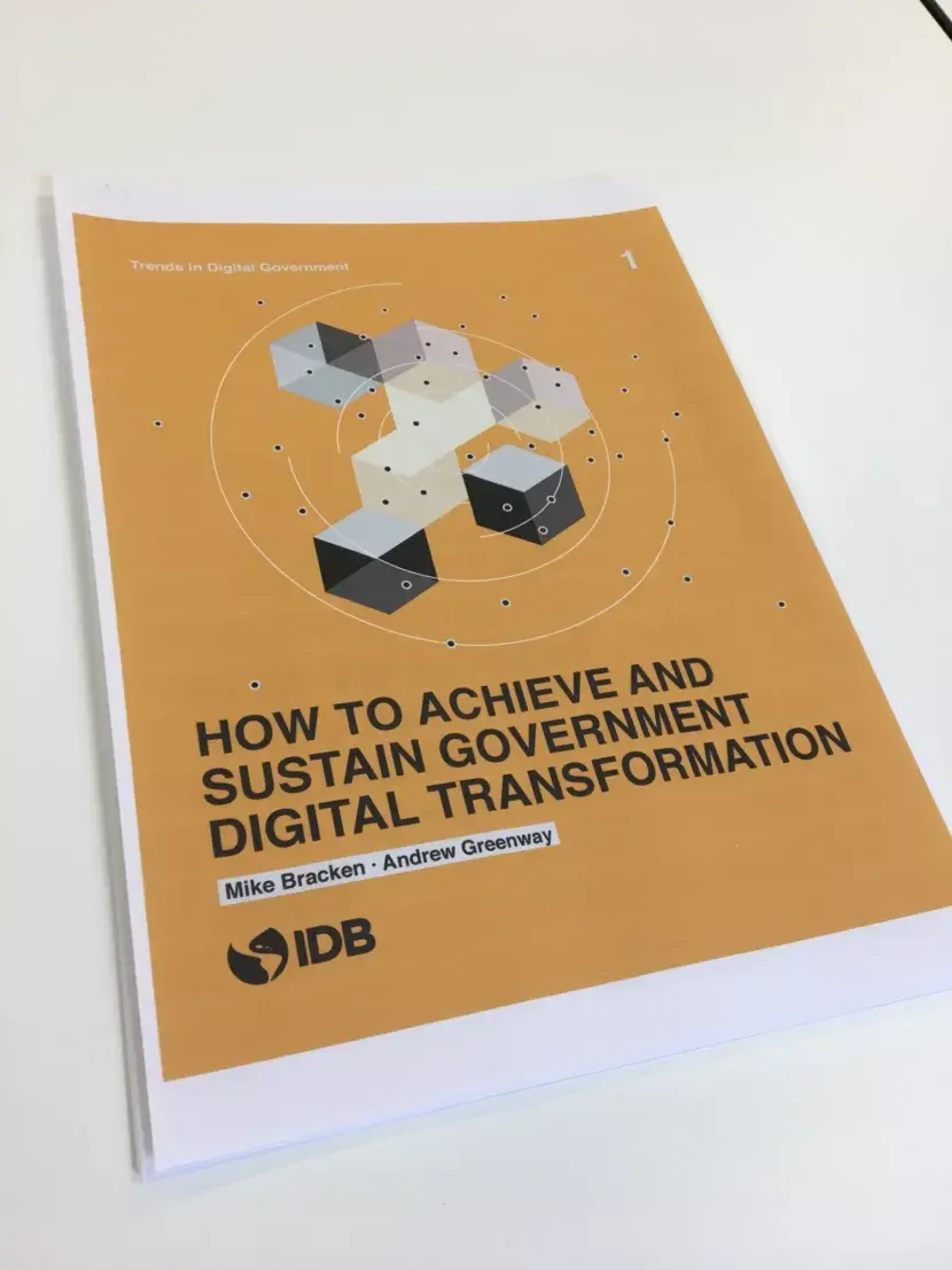
Andrew Greenway
Founder

Last year, we spent some time working with the Inter-American Development Bank (IDB), a multilateral organisation owned by 48 different countries. Earlier this month, they published a report we wrote called How to Achieve and Sustain Digital Transformation.
2018 is a big year for elections in Latin America. The region’s three giants – Brazil, Colombia and Mexico – are either going to the polls, or will do soon. With that in mind, the IDB asked us to summarise what successful digital governments have done to make sure their work is sustained beyond one administration.
Elections can be a tricky and uncertain time for any public official. They are particularly hard for teams who are doing something new, especially when they have been publicly backed by a senior political figure, as is often the case with digital teams. Not only can a change of administration remove a team’s day-to-day political sponsor, it could see the whole effort become associated with a political party no longer in power. At best, unprepared-for political change can lead to a slide towards irrelevance, at worst, all that good work might be unpicked.
Making institutional reform last over multiple election cycles means preparing for the inevitable. One thing you can be certain of is that governments will change, and ministers move on, so there’s no excuse for not getting ahead.
It’s possible for delivery teams to continue their work regardless – shipping decent public services is a political win for governments of any stripe. The GOB.MX team’s work on birth certificates in Mexico is a great example of something that it’s hard to imagine any government undoing. If digital teams deliver things that are simpler, cheaper and better for users than what has gone before, few ministers will have cause to complain.
But the real secret to sustaining long-term change is making sure that organisations provide an environment for digital teams to thrive in. That often means setting new expectations for what’s normal. In practice, preparing for political cycles requires tackling the underlying processes of government: procurement, recruitment, business case approvals, spend controls and service standards. All of these must be transformed as well, to ensure they support new ways of working, rather than get in the way.
There’s a lot more detail in the report, plus a blog post (in Spanish) coming out soon from the IDB.

Founder